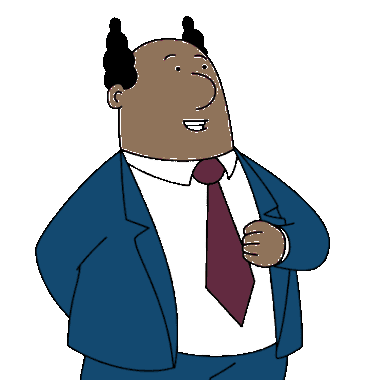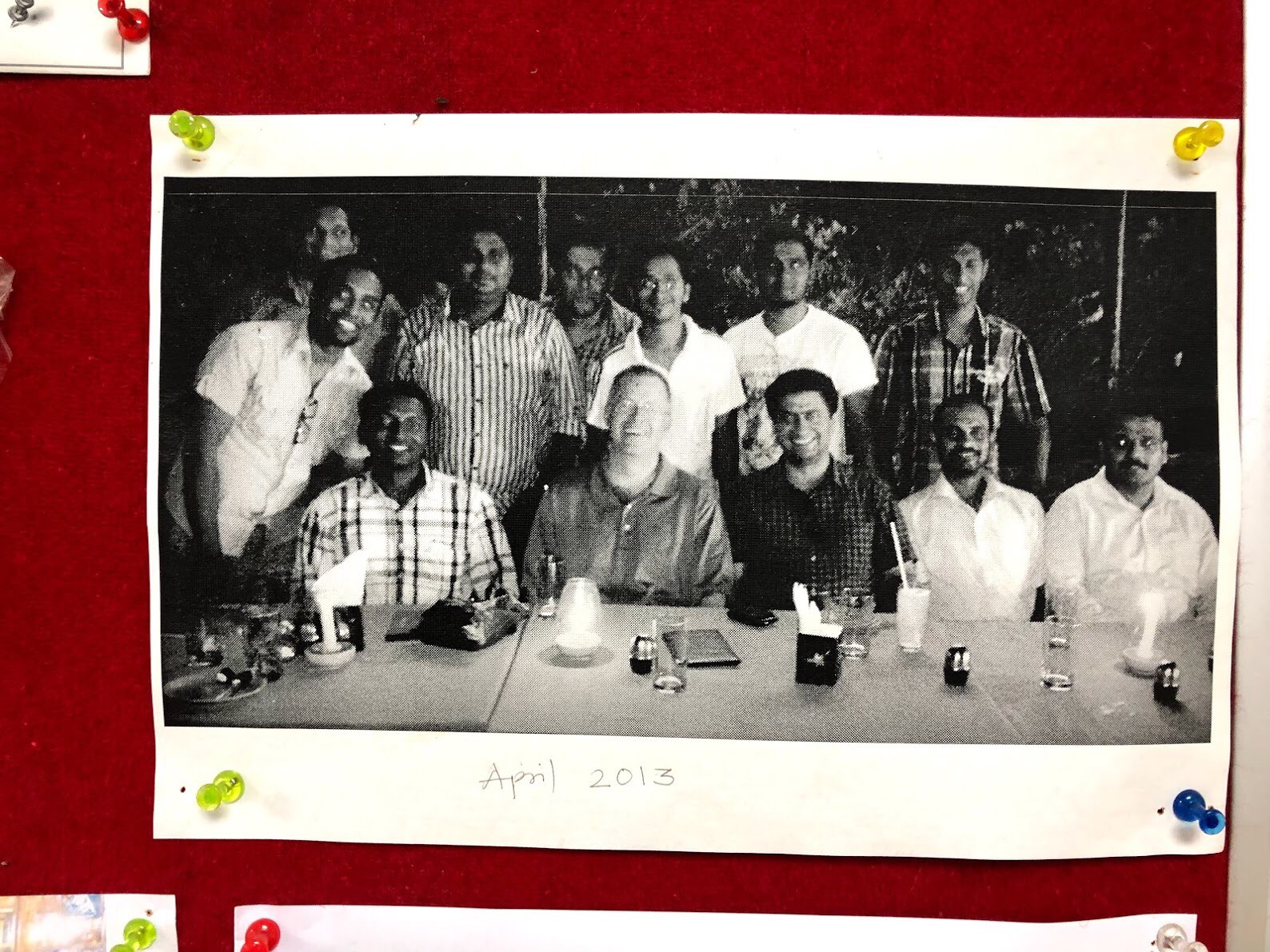 a journal of interesting technical ideas . . .
a journal of interesting technical ideas . . .
 I recently came across the concept of a personal README. Conceptually, this is an introduction to workstyles and the preferred ways to work with someone. Usually these are written by folks in management, because you have to be at a certain level before you can dictate how others should interact with you. The idea comes from Michael Lopp (the VP of Engineering at Slack). It’s a good concept to be familiar with in our industry because it is becoming more common.
I recently came across the concept of a personal README. Conceptually, this is an introduction to workstyles and the preferred ways to work with someone. Usually these are written by folks in management, because you have to be at a certain level before you can dictate how others should interact with you. The idea comes from Michael Lopp (the VP of Engineering at Slack). It’s a good concept to be familiar with in our industry because it is becoming more common.
I moved into a new team where this was an expected introduction for a new manager. I’ve put one together and posted it to a Github repository along with my professional documentation, like resume and publication list. I’d like to say I’ve extended the concept from a personal readme to a personal Repo, but I suspect that I’m behind the times and don’t realize it.
Putting together my personal README wasn’t hard. I found some examples online, but I found many of them to be preachy or self-involved. Making big moralistic statements seems like the kind of thing that is used to bludgeon the author at a later date. As far as writing something self-centered, I just don’t think anyone cares.
I decided to focus on the parts that would matter to someone who worked for me. I wrote about where I believe an IT team adds value, about my expectations and about my communications preferences.
I found the exercise to have introspective value. Very few of us are lucky enough to have training about how to manage a team, so we pick it up by reflecting on our own experiences, by ideas we see others use, and by expirimenting. It’s not surprising that everyone ends up with a different style.
A brief aside: One of the guys I used to work with (Joe - are you out there?) used to mix metaphors when he got upset or excited. My favorite was “throw it up against the wall and see who salutes”. Still one of my favorite sayings.
I don’t think it did any harm. However retrospectively, I don’t think this exercise really held value for the people it was intended to. The new team dutifully sat through the presentation, but there were no questions and it hasn’t ever come up in conversation.
I tell my Trail Life boys, “Leadership is about working together to accomplish goals”. It’s a definition that is easily understood by teenagers. So on a certain level, I don’t think the personal readme really empowered me to work more effectively or to accomplish goals more easily.
The truth, as much as I can discern it, is that people are more impressed by the things you tolerate and not by what you say. To the extent they listen to what you say, simple heuristics repeated consistently seem to work best.
Some of my favorite things to say include “Play the cards in your hand and not the cards you want” (credit to Kap Kim) and “be creatively impatient” (that one is mine). Jim Guido, a man I admire immensely, used to say “early is on-time, on-time is late, and late is dead”.
In spite of all the negatives, I would still recommend writing a readme. Even though no one else paid attention, I did. It helped me clarify and organize thoughts that had been bouncing around in my head for a long time. And I’ve referred back to it to ground myself, to think about what I’ve learned and where I’ve veered off course.
I think management generally spends too little time thinking about how they know what they think they know.
So take a look at my repo and think about how you would describe yourself. Writers say that the best way to get to a good second draft is to start with a bad first draft, by which they mean that it’s better to just start and get ideas on paper and then edit them later. So start a text file with your thoughts and worry about editing it once it reaches critical mass.
I think you’ll find this a valuable exercise.
The picture at the top of the article is me with a group of men I worked with in Goa, India, seven years ago. I met many good friends through that time, friends that I wouldn’t have today if I hadn’t become a manager. They kept this picture at the office and during a conversation last year they took this picture-of-a-picture and sent it to me. That feeling - that our work together had value and was a memory they cherished the same way I did - was one of the the highs of my career. That’s why it’s important to me to try to do it right.